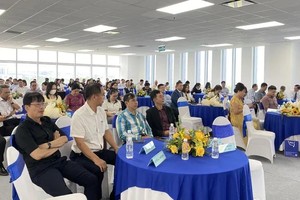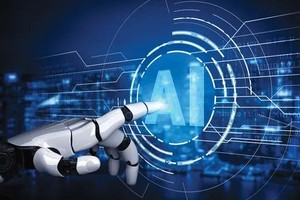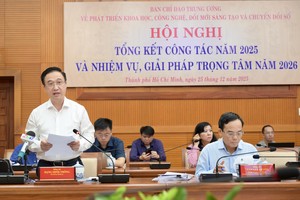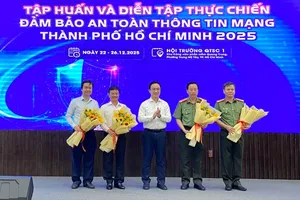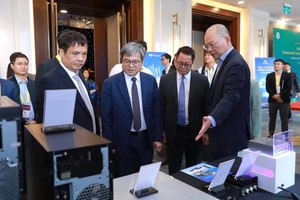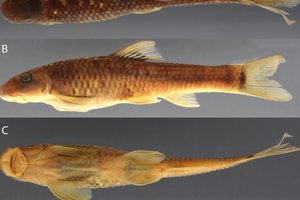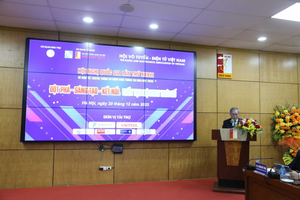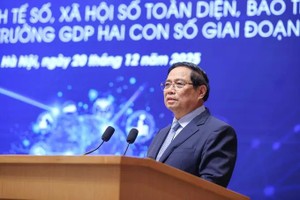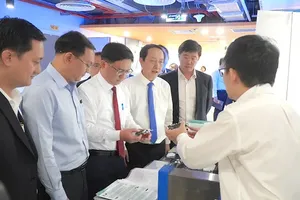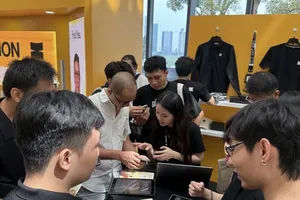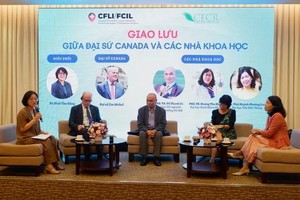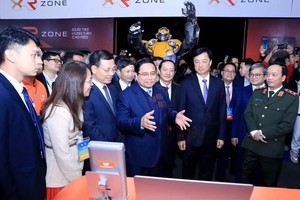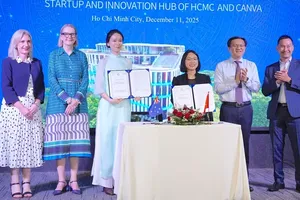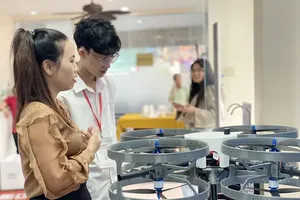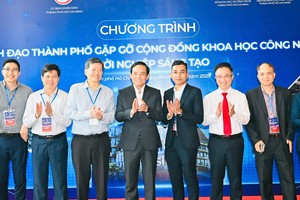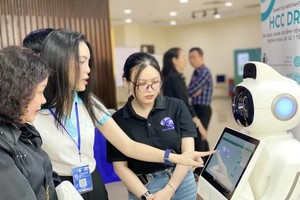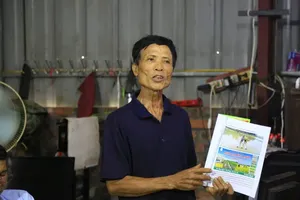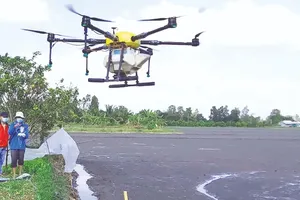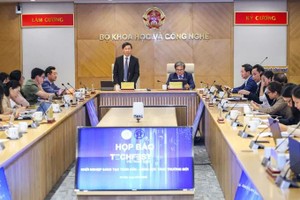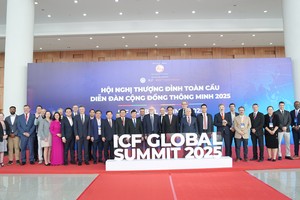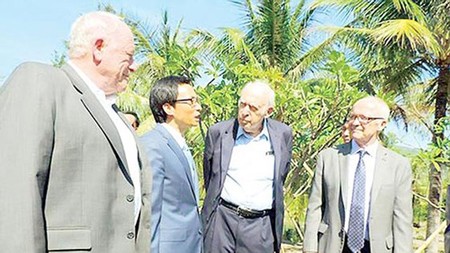
Being in the series of 11 scientific conferences and 7 seminars held to celebrate the 25th Anniversary of the Rencontres du Vietnam in 2018, this conference is expected by many Vietnamese scientists and is the continuation of the international conference ‘Basic Science and Society’, also held in the ICISE in July 2016 in the framework of ‘Rencontres du Vietnam’ No.12.
The 2016 conference was supremely supported by the President of the French Republic as well as the President of the Socialist Republic of Vietnam and the aid from the Vietnamese Ministry of Science and Technology, the European Organization for Nuclear Research (CERN), the United Nations Educational, Scientific and Cultural Organization (UNESCO), the International Solvay Institutes in Belgium. It attracted many international scientists, five Nobel-winning scientists, diplomats, policy planners, representatives of international organizations and governmental as well as non-governmental groups.
According to the spokesman of the Rencontres du Vietnam, the 2018 conference will go further to discuss the role of basic science and applied science in the sustainable development of the society. Although science is quite popular in the society, it seems that scientists do not take part in the process of tackling major social problems or developing related policies at an early stage.
This matter can be solved by establishing a connection between politicians, scientists, diplomats, international organizations, businesses, and policy makers in all scales. Therefore, the conference ‘Science for Development’ will discuss the implementation status of the 2030 Agenda for Sustainable Development of the United Nations and its visions regarding science, technology, and innovation aspects.
In the round-table discussions in the framework of the conference, scientists, politicians, economists, business people, and representatives of international organizations as well as social groups will talk about economic and social effects of science to the society; scientific contributions to the policy making process; science and the 2030 Agenda for Sustainable Development of the United Nations; scientific and development models; science as a tool for multi-cultural and peaceful communication; the relationship between science and Industry 4.0.
It is notable that in the topic of the relationship between science and the Industry 4.0, delegates will identify all expected benefits and drawbacks, especially to the labor market.
They will discuss whether Industry 4.0 will contribute to the development or expand the gap between developing and developed countries; what social changes could arise because of Industry 4.0, be it in the labor market or in the moral aspect; whether science will help create a foundation for true sustainable development while minimizing potential negative effects of Industry 4.0; what future could be form for human beings from Industry 4.0 and whether science is one of the factors.
The topic ‘Science helps issuing warnings and creating feasible solutions’ will also be thoroughly discussed by scientists, international organizations, and representatives of governments. The sub-topics include major environmental problems and their effects on health; the ozone layer and its protection; global warming; biodiversity; energy scarcity and renewable energy; international agreements on environmental issues; the status of actions following scientific warnings.
The conference is co-held by the Rencontres du Vietnam, the Vietnamese Ministry of Science and Technology, the People’s Committee of Binh Dinh Province, the Vietnamese branch of the French Research and Development Institute in order to create an environment for high-level scientific conversations between Vietnam, France, and the world.
Among the key note speakers are some renowned names like Peter Agre, Nobel winner in Chemistry in 2003; David Gross, Nobel winner in Physics in 2004; Gerard 't Hoof, Nobel winner in Physics in 1999; Finn Kydland, Nobel winner in Economy in 2004; Kurt Wüthrich, Nobel winner in Chemistry in 2002; Amina Mohammed, Deputy Secretary-General of the United Nations; Martin Chungong, Secretary General of the Inter-Parliamentary Union (IPU) in Genève, Switzerland; Ahmet Üzümcü, Director-General of the Organization for the Prohibition of Chemical Weapons (OPCW), The Hague, Holland.
